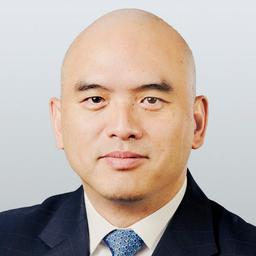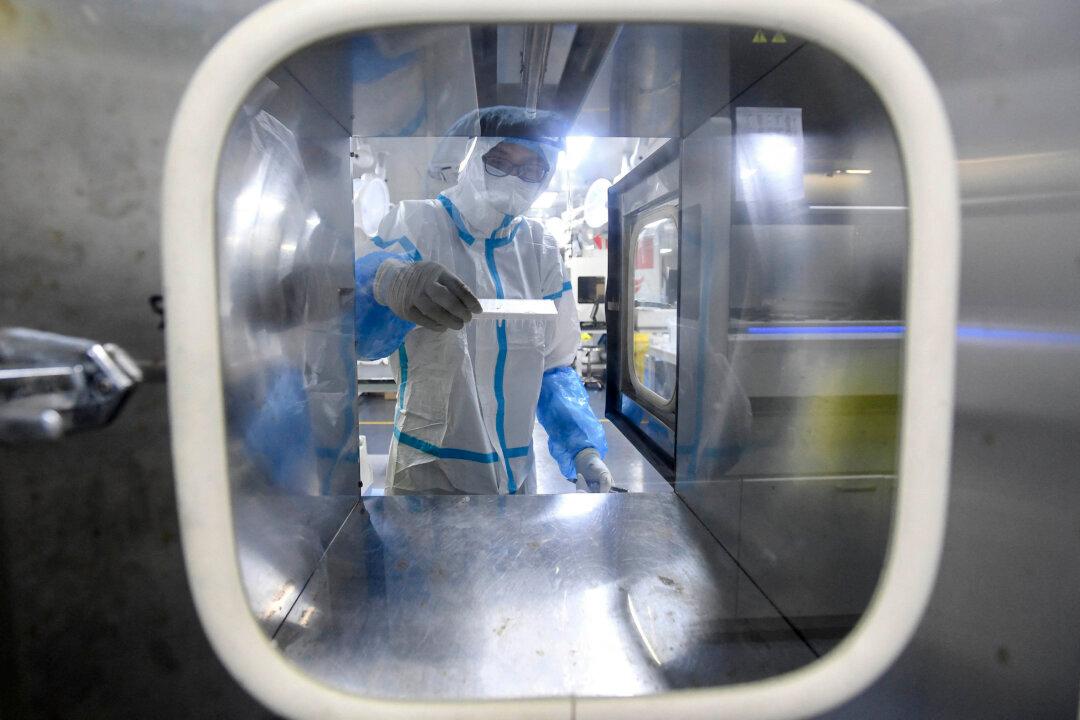President Donald Trump decisively ended the talk with Kim Jong Un in Hanoi, when Kim could not deliver any verifiable promise for denuclearization in exchange for lifting U.S. sanctions. This was a dispiriting end to such a high-profile summit with global attention, especially with so much show of mutual friendship at the beginning.
But no deal is not a failure, as Trump at least reached one of his objectives—to keep the region stable without nuclear tests. On the other hand, no deal is a success, as it means that the United States did not make any compromise, not casually lift sanctions and not offer free cash when dealing with a communist regime. It is already a big success that Trump was not fooled or tricked by a communist regime. And Trump and Pompeo did not abruptly break the connection with North Korea and still showed the willingness for further negotiation.





